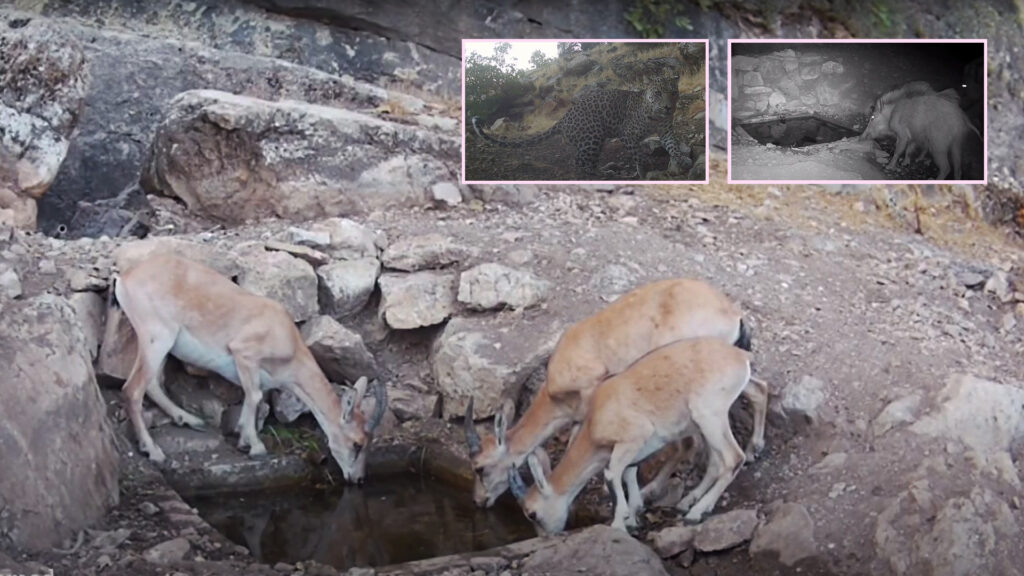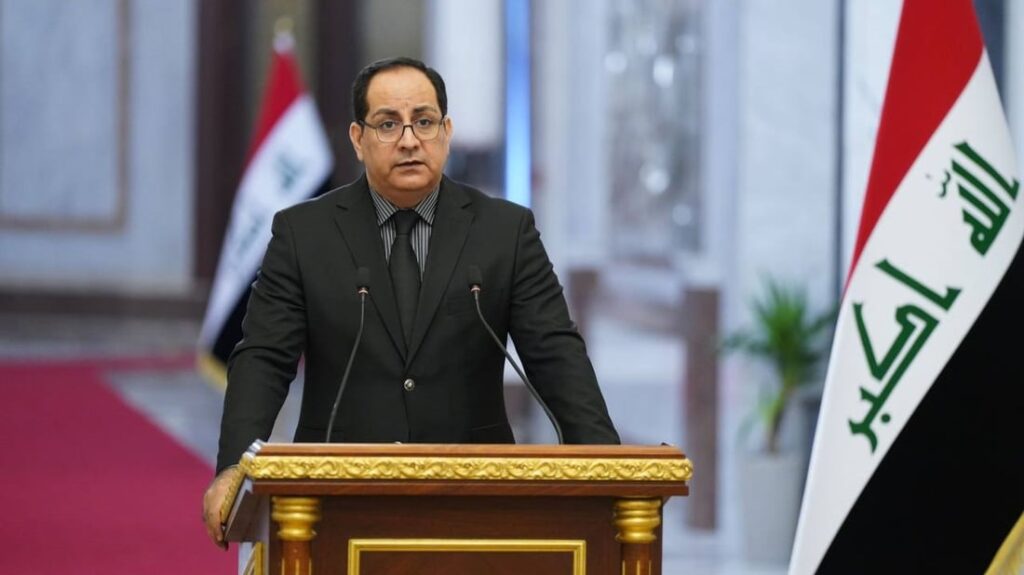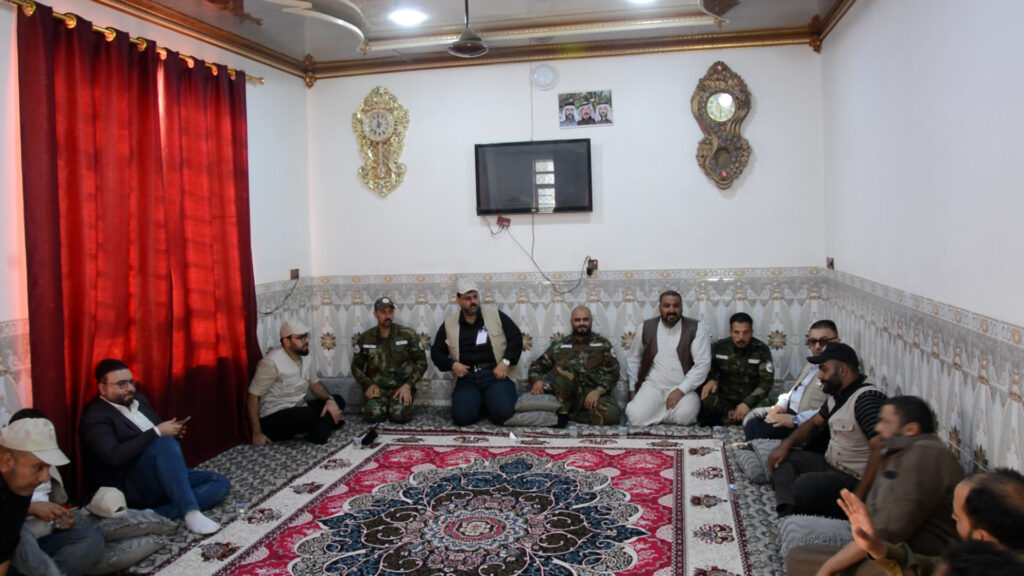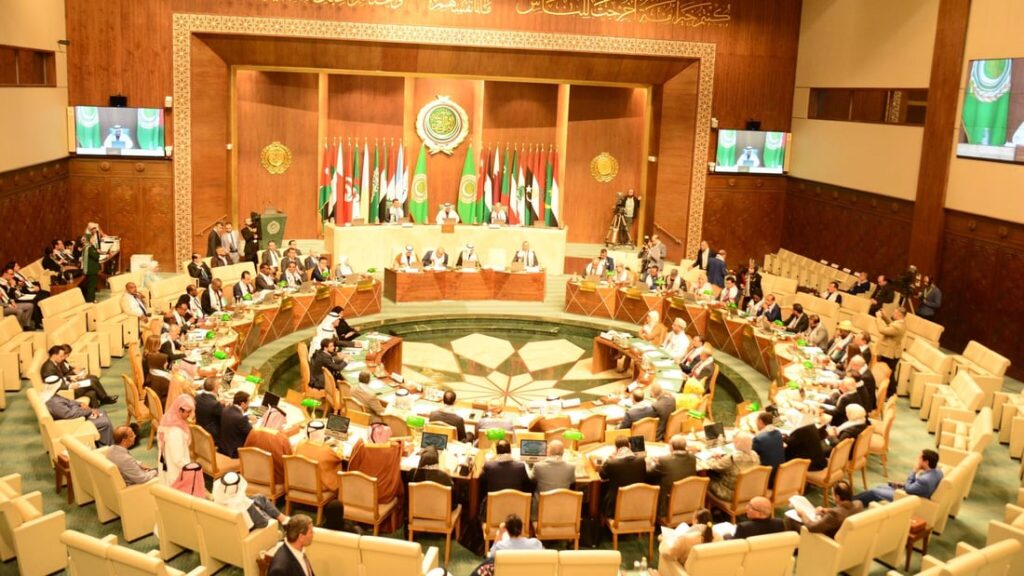Iraqi advisor: Quote of external debt decline by IMF 'very realistic'

This comes as part of the IMF's most recent report on macroeconomic stability in the MENA region, predicting the Iraqi external debt plunge by $1.2 billion from the current amount to $22 billion in 2023 and even further to $20.8 billion in 2024.
-
The logo of the International Monetary Fund outside the headquarters building in Washington, US in an undated photo (Reuters)
Financial adviser to the Iraqi government, Mazhar Muhammad Salih, relayed to Sputnik that the International Monetary Fund's (IMF) prediction of a decline in Iraq's external debt this year is "very realistic," since its sovereign debt is well within the safe zone.
This comes as part of the IMF's most recent report on macroeconomic stability in the MENA region which included the anticipation of the Iraqi external debt plunging by $1.2 billion from the current amount to $22 billion in 2023 and even further to $20.8 billion in 2024.
"The International Monetary Fund's estimate of the Iraqi external debt is very realistic, because this debt, which is payable by 2028, is valued at about $22 billion by most forecasts. The payments on that debt are made by means of annual appropriations within the Iraqi total budget," Salih said.
Read next: Working on economy radical reform: Iraq PM
He estimated the external debt of the nation to be less than 10% of the country's GDP, while the internationally accepted safe external debt to GDP share is about 60%.
"Even if we add the internal debt to the equation, which consists exclusively of obligations owed to public financial institutions and amounts to about $50 billion, the total indicator is still in the safe zone and does not exceed 30%," he clarified.
The country's external debt has been on a constant decline since 2018 when it was estimated at $27 billion.
As Iraq's economy seemingly improves, so does its diplomatic ties with the rest of the region such as Iran.
The Iraqi Oil Ministry announced on Wednesday that Iran and Iraq have agreed to expand energy cooperation and establish a joint body to overlook the developments of the agreement.
"Bilateral meeting resulted in an agreement to establish committees to discuss the development of joint fields under international agreements and cooperation in refining, petrochemicals, as well as oil exploration and infrastructure development," the statement read.
Iranian President Ebrahim Raisi called on Tuesday for the expansion of energy cooperation between Iran and Iraq and stressed the need for Baghdad to fulfill its commitments to Tehran on gas and electricity payments.
Read more: Iran, Iraq sign agreements to expand energy ties, build oil refineries






